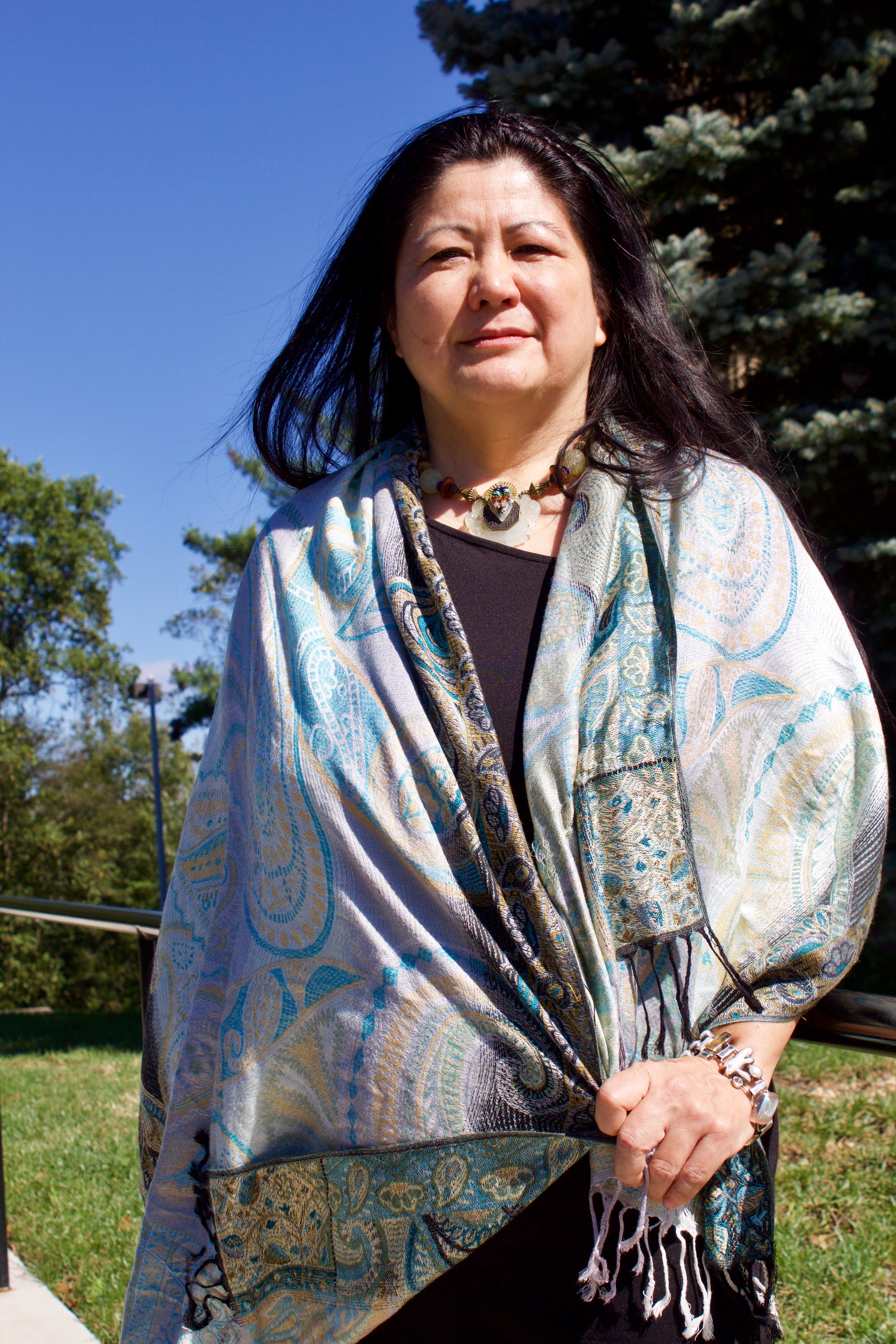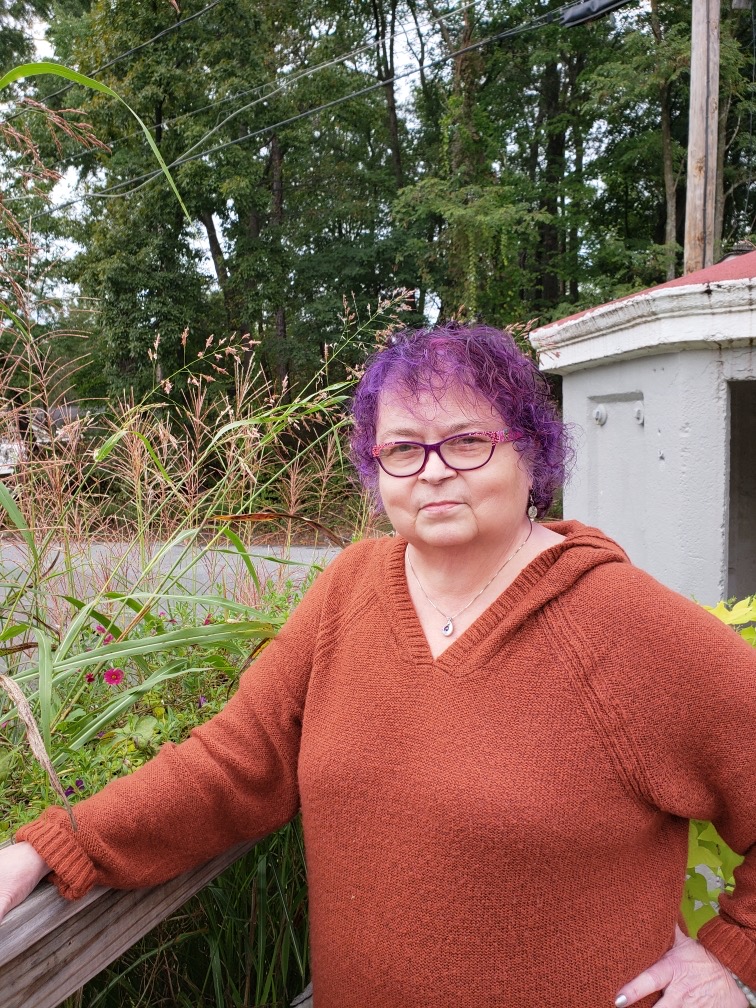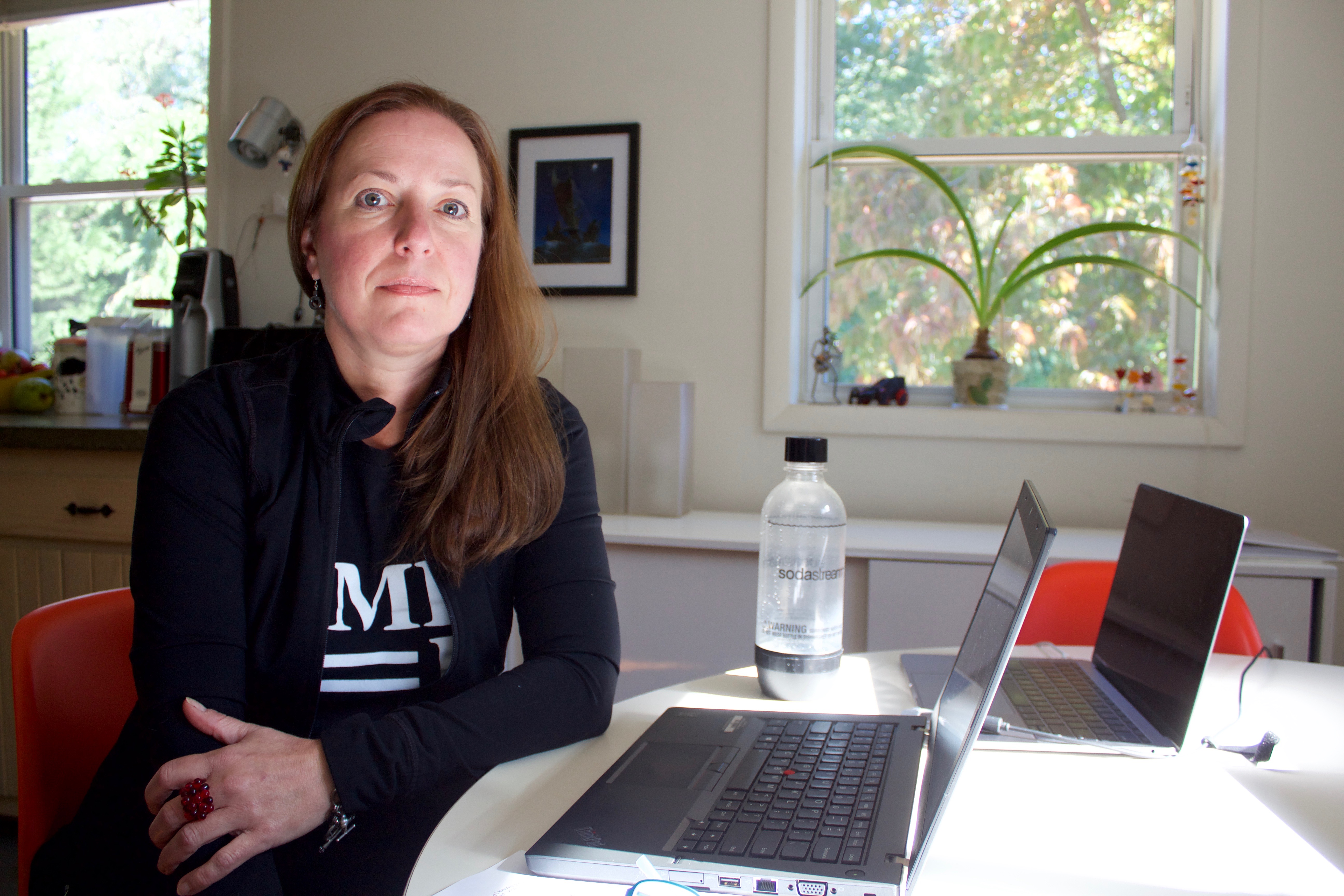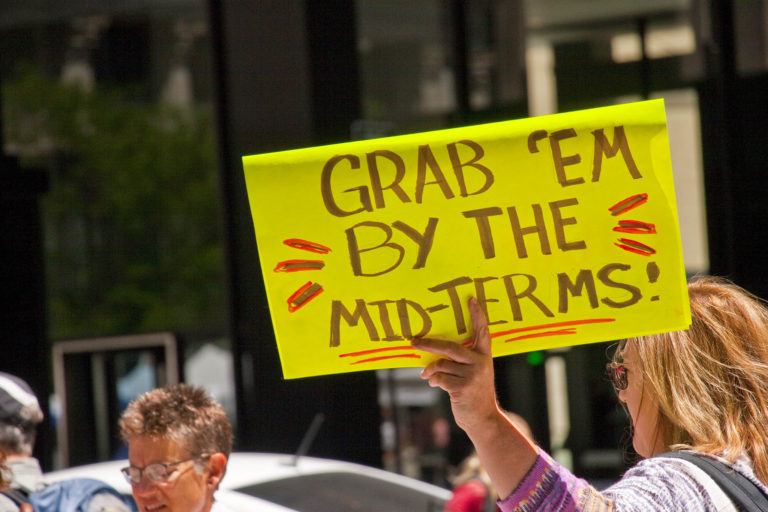by Megan Rummler

WASHINGTON—On the last Thursday of September, Hyun Martin, a 56-year-old survivor of childhood sexual trauma, performed deep breathing exercises to center her mind in anticipation of the testimony she was about to witness.
“I knew it was going to be a monumental day,” Martin said, exhaling a heavy sigh. “It’s emotionally very raw because [complex issues] like being believed, telling the truth and being judged are on stage.”
On center stage are Supreme Court nominee, Judge Brett M. Kavanaugh, and his accuser, California professor Christine Blasey Ford. Amidst Kavanaugh’s Senate Judiciary Committee confirmation hearing, Ford came forward to accuse Kavanaugh of sexually assaulting her in 1982, while both were in high school.
Martin isn’t the only one watching the hearing. Many of these viewers are women and sexual assault survivors who felt triggered while watching the testimony and flooded hotlines for support.
According to Nielsen data and at the time of this writing, roughly between 25 million to 26 million viewers tuned in to follow the Senate Judiciary Committee hearing on Thursday, Sept. 27, 2018, that saw both Kavanaugh and Ford testify. Moreover, Rape, Abuse & Incest National Network (RAINN), the nation’s largest anti-sexual violence organization, reported a groundbreaking number—a 338 percent increase in hotline traffic—of survivors who sought help immediately following the Senate Judiciary Committee hearing.
And, after Kavanaugh’s confirmation—senators voted 50-48 to confirm a lifetime appointment on the Supreme Court—many of these survivors felt galvanized and vowed retribution in the upcoming midterm elections.
“I think there are a lot of pissed off women that are going to run for school board and everything else like local elections and local policies that they can make an impact on,” Martin said emphatically.
Hyun Martin’s Story
Penelope’s story—’We need to stand together and VOTE’

Penelope Rice, a 71-year-old resident of Columbia, Maryland also watched Ford’s testimony. A survivor of childhood incest, Rice came forward 35 years ago concerning her abuse and has since completed extensive recovery work and very seldom experiences triggering episodes.
“I felt like someone sucker punched me in the stomach,” Rice said through heavily labored breathing on the telephone. “It was like I couldn’t breathe. I don’t remember what [Ford] was saying but I do know that my feeling was, ‘Oh my God, I know what this is and how this feels,’ and I basically ended up with a flashback and had to stop [watching].”
Beginning in toddlerhood until the age of 14, Rice was sexually abused by her father.
He was a man in a position of power—a policeman.
“With this vote, I feel like I have been raped all over again,” Rice wrote on a Facebook post. “We need to stand up and shout NO to abuse at all levels. We need to stand together and VOTE for people who will stand for those who elected them rather than those who paid for them.”
According to a recent Washington Post-ABC News poll, over 70 percent of registered women voters, identified as Republican, Democratic and Independent, are sure to vote in the upcoming midterm elections.
While not all sexual assault survivors are women, the Kavanaugh hearing resonated with that group in particular on both ends of the political spectrum.
“It certainly seems that, for the women who have been politically engaged since the election of Donald Trump, this is another example that shows that elections have real consequences for people’s lives,” said Debbie Walsh, director of the Center for American Women and Politics. “It crystallizes the importance of electing people that care about the issues that they care about.”
Penelope Rice’s Story
Helga’s story—’I hope this ignites women everywhere’

Across town in Rockville, Maryland, Helga Luest, a 50-year-old survivor of violent trauma and former candidate for the Maryland House of Delegates in District 18, watched the Kavanaugh hearing on her personal laptop while working from home.
She didn’t want to miss a second.
“It feels like a huge moment of defeat for women and I hope this ignites women everywhere regardless of party affiliation,” Luest said. “We have every reason to get out and exercise our privilege to vote.”
On a drizzly morning in 1993, Luest’s life was altered irrevocably—she survived a murder attempt.
While concluding a four-day trip in the Florida Keys with her mother, Luest was violently beaten nearly to death and today she sustains a permanent loss of feeling on the left side of her face.
Luest identifies with the strain of having to testify in public.
“As a survivor of violence, when you see someone give testimony that is so difficult—that is something I can relate to completely,” Luest said of Ford’s testimony. “For this [confirmation] process to not have followed a process that was fair, transparent and open, that to me, is a sign of our democracy failing.”
Luest said the message of Kavanaugh’s confirmation is clear.
“We need to be very careful in our vote and our decisions of who we put in those positions of power, because as we know, Kavanaugh’s going to be in that position of power for a very long time.”
Helga Luest’s Story
